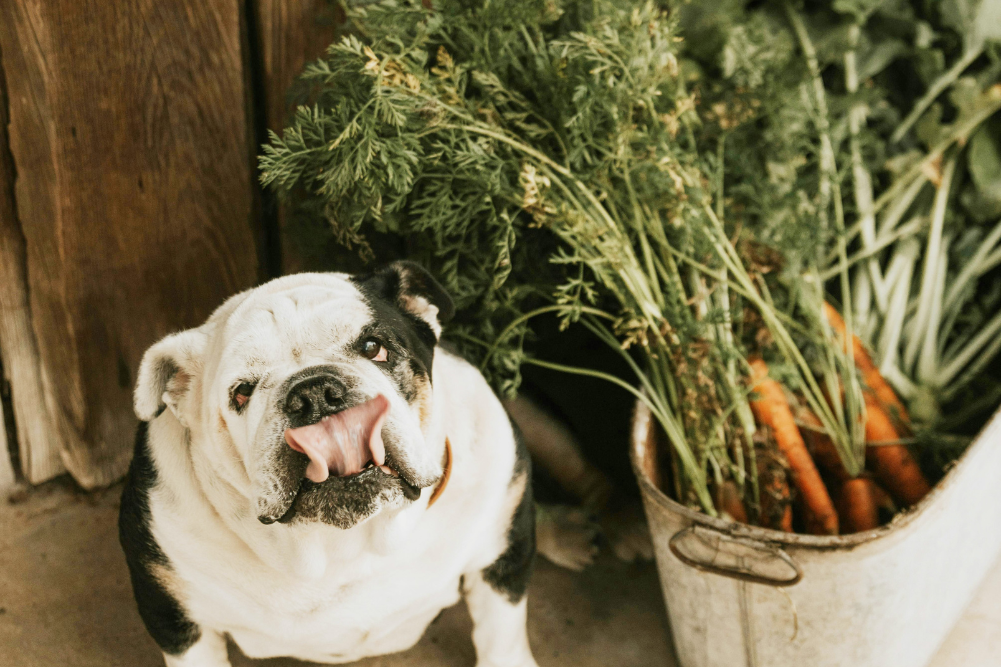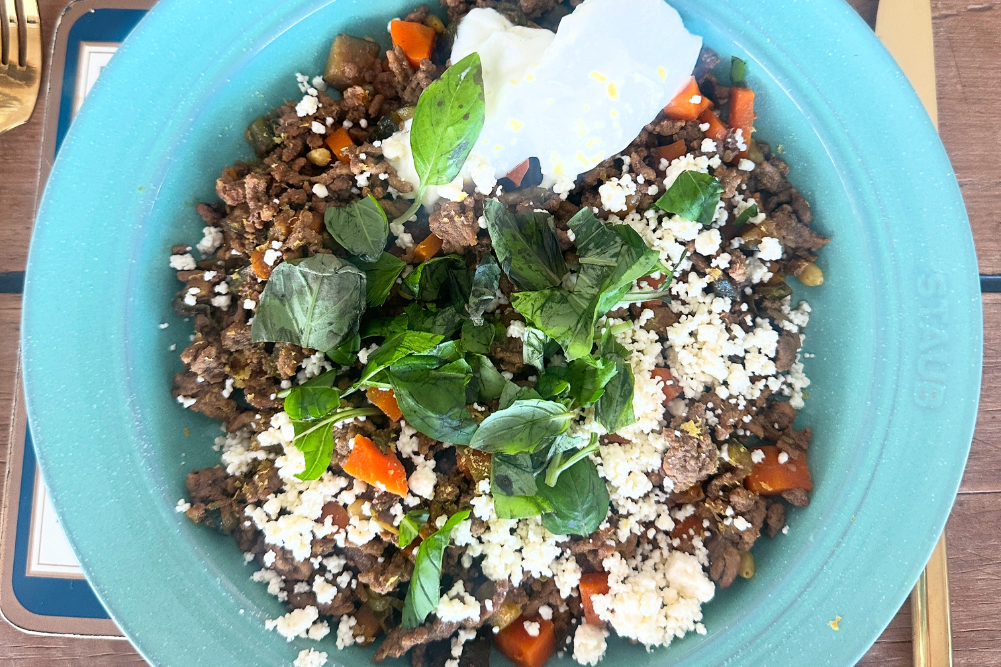Laughing at cancer
Love, laughter and mindfulness techniques helped support Ros Ben-Moshe through a diagnosis of and recovery from bowel cancer.
At 42 with a promising career, two beautiful boys and a childhood sweetheart husband, life was going pretty well. Ever since a parting gift of a giardia parasite from a family holiday in Thailand, I’d grown used to the occasional sight of blood and mucus in my stools and found it more annoying than alarming. A stool test around 12 months ago had returned normal, so my naturopath thought I’d probably picked up another parasite. What else could it have been? Yet when I stared back at myself in the mirror, something seemed different: my eyes more distant and a little less bright, my face slightly gaunt.
Just to be on the safe side, I once again presented at my GP, who casually referred me on for a gastroscopy and colonoscopy. She wasn’t worried. I left the recovery room, the gastroenterologist’s words still fresh in my ears: “You’re one lucky woman. I removed a polyp from your bowel but it all looks fine.”
I went back to my life when, four days later, the call no one ever expects, least of all me, arrived. It was a nasty cancer and some of its cells had spread beyond the polyp wall. I was presented with three options:
1. Do nothing more.
2. Have a partial bowel resection.
3. Have a full bowel resection so that the lymph could be tested to see if the cancer had spread.
I couldn’t live with the fear and uncertainty of what may be lurking within, and was also the mother of two boys aged 12 and 15, so I chose a full bowel resection. This entailed being fitted with a temporary ileostomy and brand-new rectum. As soon as I made my weighty decision, I promised myself not to look back or regret it. I embraced it wholeheartedly.
Yet, even at this hugely traumatic time, it was as if a band of genies magically appeared to support me. I received so much love from friends, neighbours, family, hospital staff and even strangers. I also felt deeply connected to an encompassing and powerful universal love. So, rather than succumb to the harsh, disorienting fall I feared, it was as if I landed on a pile of life-sized marshmallows.
Then signs appeared that all would be well. On the day of my first CT scan to detect if the cancer had spread, I signed a permanent work contract as a lecturer in health promotion. And highlighted in my diary was a longstanding booking to facilitate a laughter yoga party scheduled three days before my operation.
Somehow I knew this health crisis was connected to my laughter wellness journey and it would involve growth — lots of it. I had always wanted a powerful story and that’s what I was getting!
While surgeons and doctors attended to my physical condition, laughter, mindfulness and other positive psychology techniques helped bring my mind and body to a state where optimal healing could occur. Fortunately, the surgery went well and I received the news we had all hoped to hear: the cancer had not spread. Four months later, my bowel was reconnected and ileostomy closed.
I had begun to write instinctively from diagnosis. What started off as something I was doing for myself very soon evolved as writing for my imagined future readers. Journalling gave me an outlet to harness control over my healing — physically, emotionally and spiritually. It also helped me reframe things in a more positive, empowering light, whether deciding to refer to my bowel reversal as “a bowel reconnection”, the cancer as “a bowel cancer” or consciously placing a smile on my face until it seeped into every cell, tissue, fibre and muscle of my body.
In this “year of healing”, I began living what previously I had merely preached. My view of mindfulness expanded from that of a daily practice to a complete way of being. I derived so much benefit from daily mindfulness and experimented with different ways of sensing into and appreciating the present moment, far beyond any structured practice.
Increasingly, I recognised laughter as a form of mindfulness, an anchor to the present moment. When you’re laughing, you’re laughing; it’s very difficult to feel negative emotion. The same applies when you’re really smiling. In these states, you’re not only stimulating your body’s natural painkiller, endorphins (30 times more powerful than morphine), you are strengthening neural pathways associated with calm, joy and awareness. This is really important in terms of healing, as optimal healing occurs when less stress and tension resides in the body.
Six years after my bowel reconnection, my book Laughing at Cancer: How to Heal with Love, Laughter and Mindfulness was born. It is both a memoir and healing guide, with an emphasis on how I applied laughter, mindfulness and other wellbeing techniques to guide my healing journey, and how others can as well, not just those who have had cancer.
I am infinitely grateful that the bowel cancer was detected early. I embed gratitude and mindfulness into each day and, while I still need to take the odd “pyjama day” and at times become frustrated by my body’s physical limitations, overall I know I’m truly blessed. My life is filled with joy, love and laughter thanks to my beautiful family and friends. For this, I am eternally grateful.
Ros Ben-Moshe is founding director of LaughLife Wellbeing Programs (laughlife.com.au) and adjunct lecturer in the Department of Public Health at La Trobe University, Melbourne. Learn more about her book at laughingatcancer.com.








